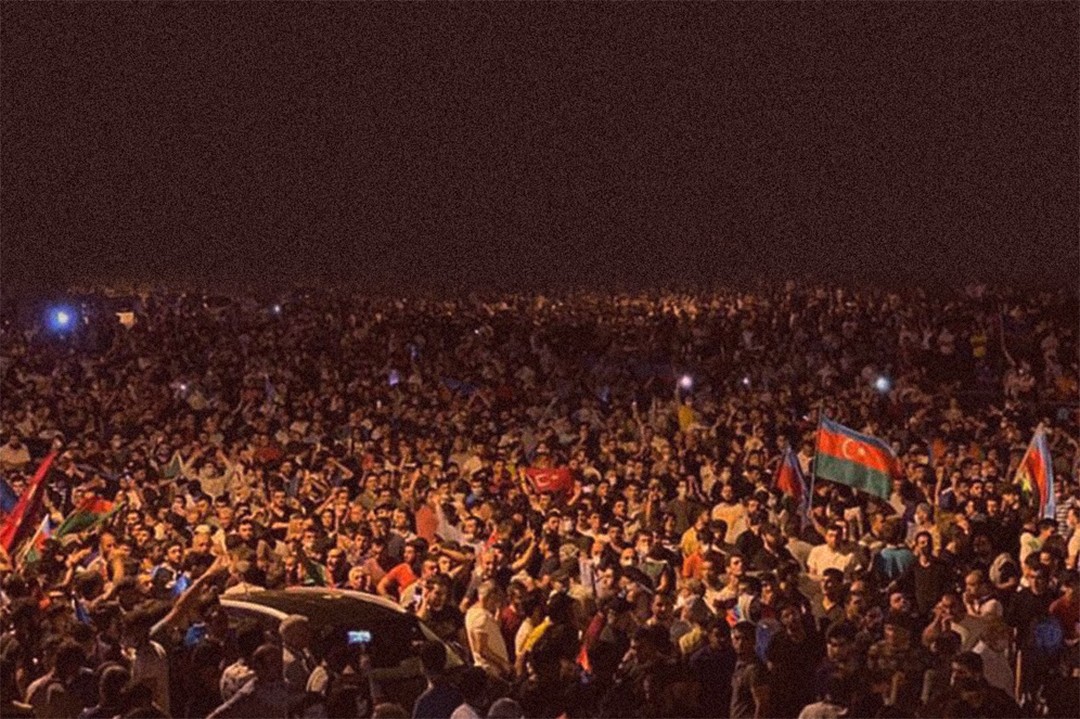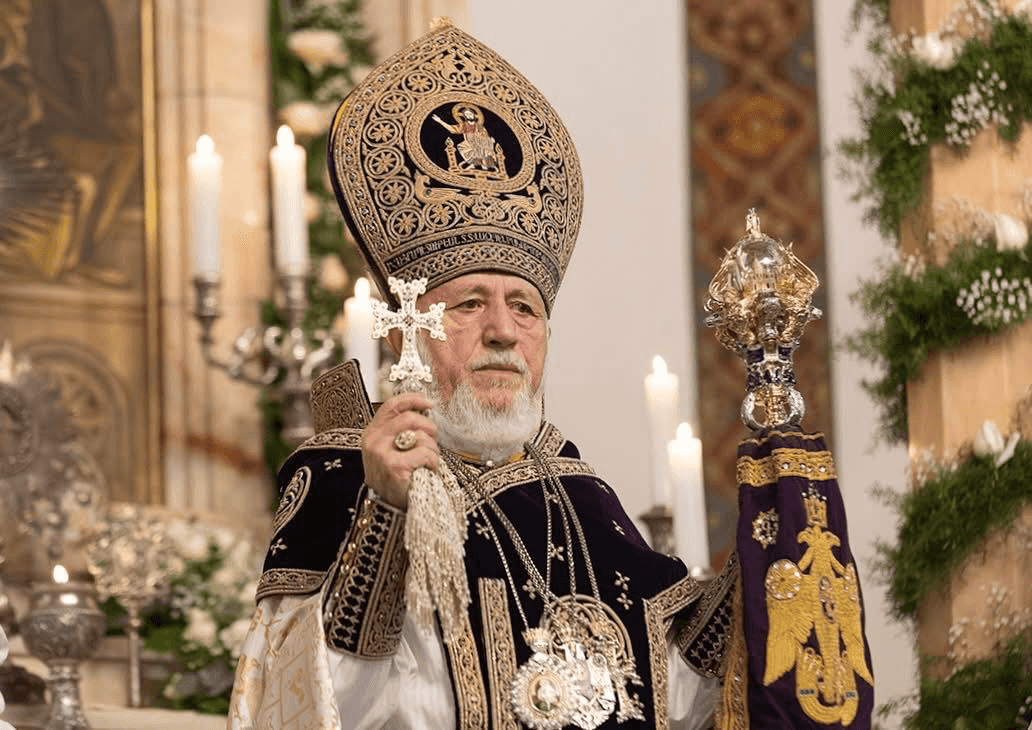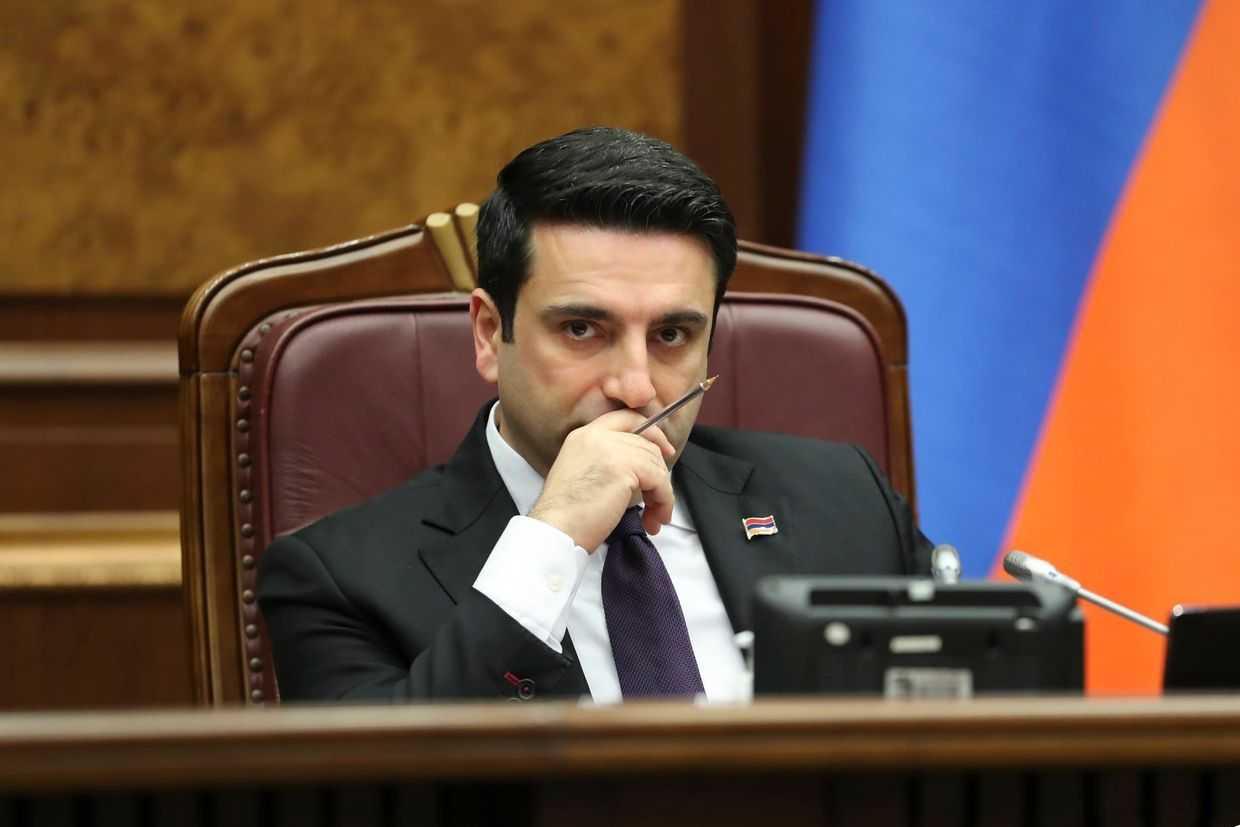
The massive protest in Baku on the night of 14 July took the government, the opposition, and civil society completely by surprise. Long thought to be dormant and apathetic, the Azerbaijani crowd roared back to life with a chaotic, furious call for war — and now that it has woken up, it is here to stay.
At first, the latest clashes between Azerbaijan and Armenia were perceived by many activists and commentators in Azerbaijan as a ploy meant to deflect attention from the country’s ongoing struggles with the COVID-19.
Although small gatherings had already happened on the night of 12 July, they were not taken seriously — not even by the authorities.
But 14 July changed everything. On the third day of fighting, Major General Polad Hashimov was killed.
It is the first loss of a general in combat since the country gained independence — a massive blow. The day his death was announced, many social network users shared factoids and personal stories about General Hashimov. He has been described as a courageous, honest man who deserved his military rank.
He is perceived now, without any doubt, as a man from the people.
The crowd, alone
In recent years, and especially after the last parliamentary elections, Azerbaijani society has been described as apolitical and, occasionally, apathetic. In the snap parliamentary elections, proponents of the electoral strategy faced public scepticism and unwillingness to participate in the political struggle.
After five months, we have witnessed the backside of the truth: the only value that has a mobilising power is the Nagorno-Karabakh conflict and, consequently, the army. Take, for example, the April clashes in 2016. Likely smaller, yet nevertheless significant rallies in support of the army took place in Baku.
The difference between the April 2016 clashes and 14 July is the source of the crowd’s mobilising energy. While in 2016, the conflict had been perceived as a ‘small, but victorious’ war, this Tuesday people felt loss and devastation.
The bitter feeling of this loss awakened the ‘sleeping dragon’, a crowd of up to 30,000, without a leader and inner hierarchy, marched in central Baku with one demand — start the war and take revenge.
[Read more on OC Media: Thousands of pro-war protesters rally in Azerbaijan]
With zero belief in politics — that is, participation in political institutions and practices such as political parties, elections, and electoral rallies — nor in the opposition or the government, they refused to take any political side. They yelled at the few activists of the Popular Front Party, ‘People of Ali Karimli [the leader of the party], go away!’
Importantly, none of the opposition party leaders participated in the rallies, despite their size and popular appeal. Similarly, no top governmental officials spoke to the crowd and tried to co-opt them for the interests of the ruling authorities.
The fact that neither the government nor the opposition had a plan to lead the crowd proves, perhaps more clearly than the elections, that politicians do not represent the people.
Both the government and the opposition likely considered the risk of being openly refused by the crowd too great, a risk inadvertently revealed by one minor official who tried to speak with the gathered masses and was promptly booed into silence.
Perhaps they understood that this crowd became, at that moment, a stand-in for Azerbaijan’s apolitical majority and as a result, being rejected by the crowd was akin to being rejected by the nation itself.
This, of course, made doubly clear that Azerbaijan lacks any sort of real representational politics. Neither ‘elected’ representatives, nor the opposition who claim they would be elected if there were free and fair elections speak for the people.
Some observers compared Tuesday’s rallies with the very beginning of the Azerbaijani movement for independence from the Soviet Union, which started in 1988, triggered by clashes in Nagorno-Karabakh.
In one sense, the comparison is apt. The protests now and the protests then were mass events that captured the attention of the country, and were understood to embody the feelings of the country. In other words, both have a deep country-wide legitimacy.
That said, there is one absolutely key difference.
In 1988, the thousands who flooded the streets were led by popular leaders and nationalist intellectuals. In 2020, the crowd is leaderless, presents no concrete political platform, and has no political allies.
For now, the crowd is, ironically, desperately alone.
Power and the crowd
The authorities usually use direct violence against any unauthorised rallies in Azerbaijan. But this time, the police forces tolerated the increasing crowd until a small group broke into the Parliament. And even when they finally stepped in to disperse the protesters, they remained restrained.
In a recent speech, Aliyev castigated the population for their supposed hypocrisy, stating that ‘only 150 people volunteered for army mobilisation’, and recommended that the protesters join the military instead of rallying.
He also struck out at a ‘shadowy fifth column’, and condemned ‘populism’ — this indirect comment, and a lashing out at supposedly ‘treacherous’ opposition forces was the most the president could do. Despite holding the reins of government, it seems he could not stand openly against the crowd and what they represented.
Meanwhile, civil society and progressive activists, on the one hand, and the oppositional parties, on the other hand, seem to have been dumbfounded by the protest. Until now, many of them perceived the great majority of Azerbaijanis as cowed, passive, and atomised.
By roaring to life, the crowd demonstrated what is really important for them: the army, national pride, Nagorno-Karabakh, and victory over the enemy. The question of who is the leader of the country, who sits in the parliament, and so on — topics which the opposition thought should matter for the people, turned out to be largely irrelevant.
The crowd revealed that despite the risks, they will be roused to struggle for those things that they understand to be sacred.
That genuine public involvement in politics is limited to topics that are deemed ‘sacred’ is deeply tragic. It is the result of years and years of government policies that block any political deliberation or debate, a policy which has only intensified during the quarantine.
The Nagorno-Karabakh conflict, meanwhile, serves to reinforce this order of things, overshadowing all other issues and sucking up the energy that could otherwise be transformed into domestic political struggle.
[Read more on OC Media: Azerbaijan opposition party claims nearly a dozen members arrested in last two weeks ]
In such circumstances, the Tuesday rally is nothing more than the ugly manifestation of a lack of deliberative democratic politics.
Meanwhile, the crowd still has not left. At this very moment, it is sitting at home closely following the news from the front. It is still grieving, it is still angry, and, despite Aliyev’s recent claims of battlefield victory, it is hardly satisfied.
The opinions expressed in this article are the author’s alone, and do not necessarily reflect the views of OC Media’s editorial board.









